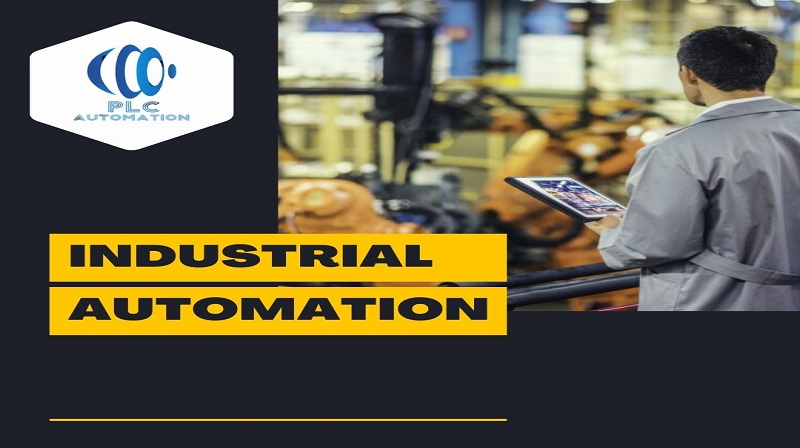
The Evolution of Industrial Automation
- by PLC
- Jun 16, 2023
The history of industrial automation is a fascinating journey that showcases humanity's relentless pursuit of efficiency and productivity. From the advent of mechanization during the Industrial Revolution to the integration of cutting-edge technologies in the digital age, industrial automation has revolutionized the manufacturing landscape. This blog post delves into the evolution of industrial automation, tracing its remarkable advancements and their impact on various industries.
The Industrial Revolution and Early Mechanization:
The Industrial Revolution, spanning the late 18th and early 19th centuries, marked a pivotal moment in history. It witnessed the transition from manual labor to mechanized systems. Key inventions like the spinning jenny, power loom, and steam engine transformed the textile industry and kick-started the mechanization movement. Factories emerged as the hubs of production, with machinery replacing traditional manual processes, resulting in increased productivity and economic growth.
The Rise of Mass Production:
The early 20th century saw the rise of mass production, spearheaded by visionaries like Henry Ford. Ford's introduction of the assembly line revolutionized manufacturing by streamlining the production process. Through the division of labor and standardized parts, Ford's factories achieved unprecedented levels of efficiency and cost reduction. This approach set the stage for future advancements in industrial automation.
Electromechanical Automation and Programmable Logic Controllers (PLCs):
With the introduction of electrical power and electronics, the mid-20th century witnessed a shift towards electromechanical automation. The integration of relays, switches, and timers allowed for the automation of repetitive tasks. However, these systems were limited in their flexibility and required significant rewiring to adapt to different processes. The advent of Programmable Logic Controllers (PLCs) in the 1960s transformed industrial automation by providing a versatile and reprogrammable solution. PLCs enabled automation engineers to control and coordinate complex processes with ease, leading to increased productivity and efficiency.
Computer Numerical Control (CNC) and Robotics:
The introduction of computer technology brought forth new possibilities in industrial automation. Computer Numerical Control (CNC) systems emerged, enabling the precise control of machine tools through programmed instructions. This innovation revolutionized the manufacturing of complex parts and facilitated high-speed production with exceptional accuracy. Additionally, robotics made significant strides during this period, allowing for the automation of repetitive and hazardous tasks. The marriage of computers and robotics paved the way for advanced manufacturing techniques and increased industrial efficiency.
The Digital Age and Industry 4.0:
In the digital age, we are witnessing the convergence of physical and digital technologies, known as Industry 4.0. This new wave of industrial automation is characterized by the Internet of Things (IoT), big data analytics, artificial intelligence (AI), and machine learning (ML). Industrial processes are becoming increasingly connected, with sensors and devices gathering vast amounts of data for analysis and optimization. AI and ML algorithms are applied to automate decision-making and predictive maintenance, enhancing overall efficiency and reducing downtime. Smart factories, enabled by digital technologies, are redefining production processes, supply chains, and customer interactions.
The evolution of industrial automation from the Industrial Revolution to the Digital Age showcases the remarkable progress humanity has made in achieving greater productivity and efficiency. From the early mechanization to the integration of advanced digital technologies, each phase has contributed to shaping our modern industrial landscape. As we move forward, the ongoing advancements in automation promise to redefine manufacturing processes, optimize resource utilization, and create new possibilities for innovation across various industries.












